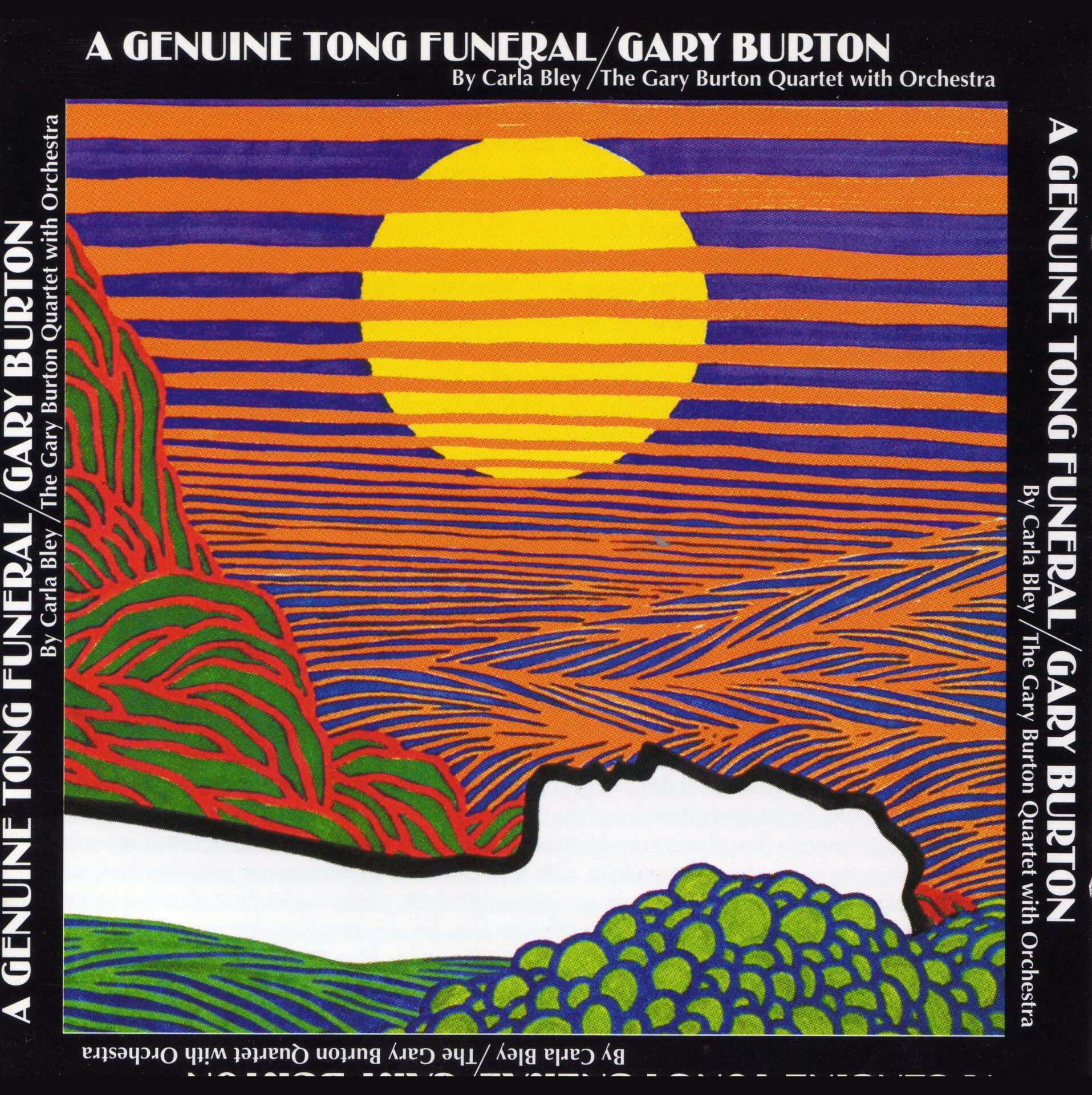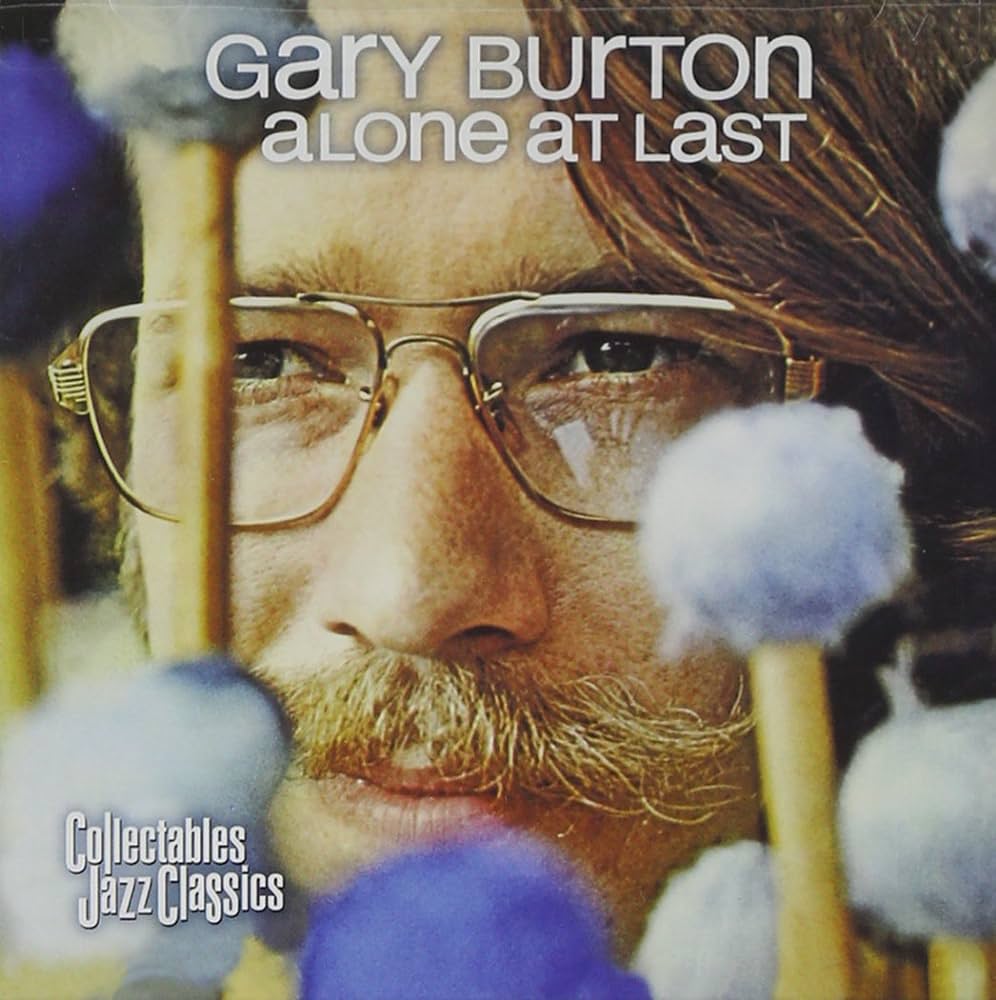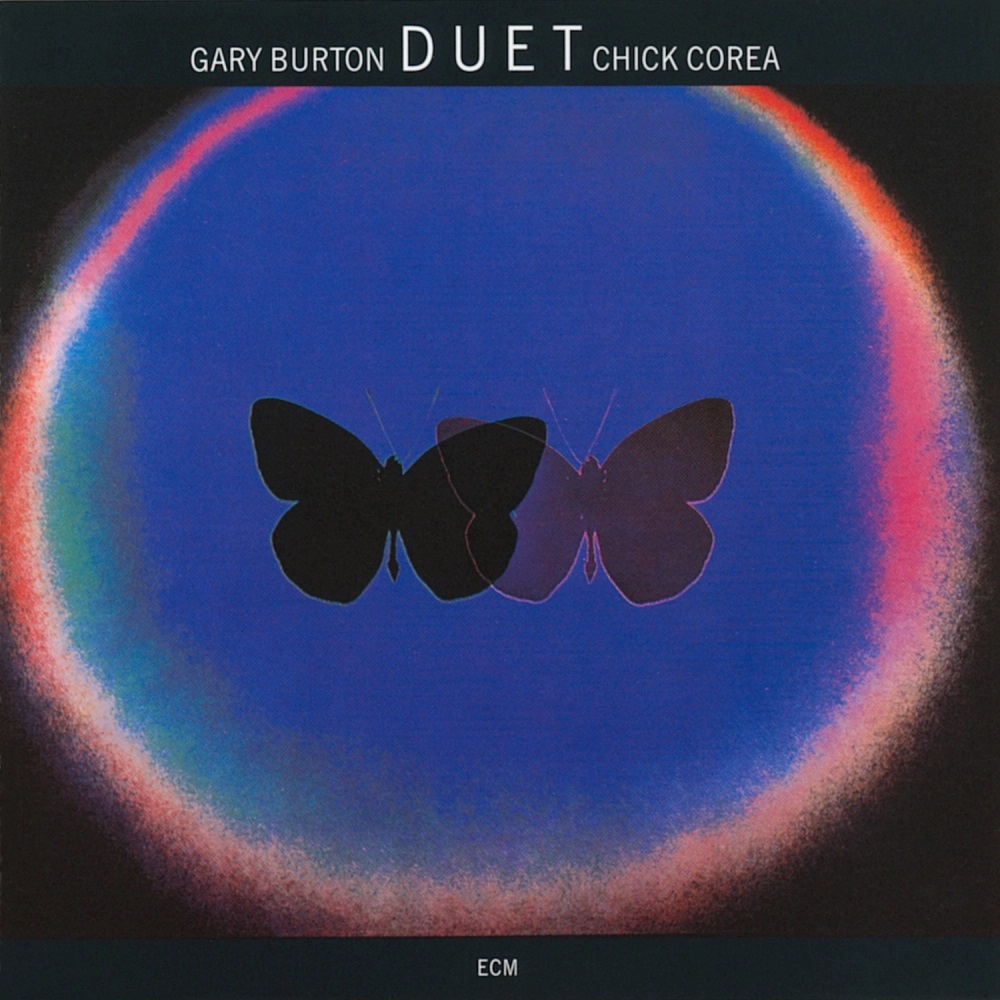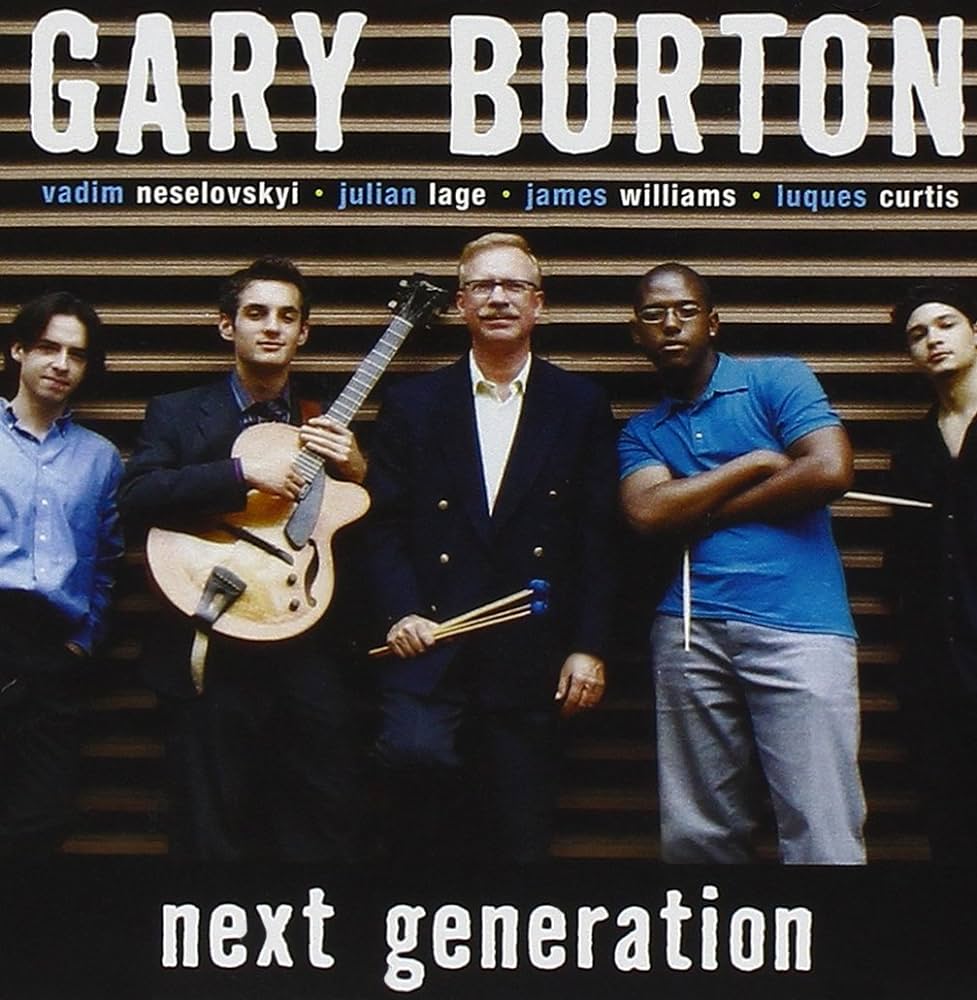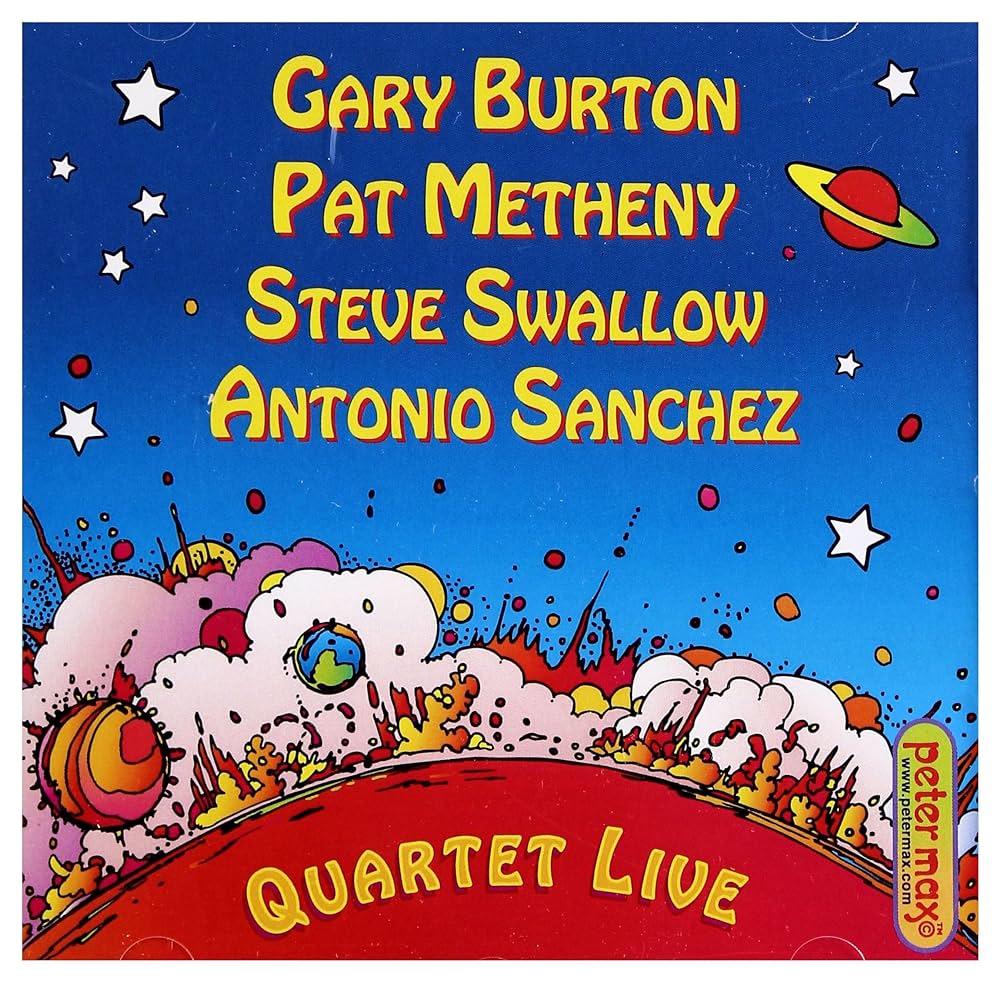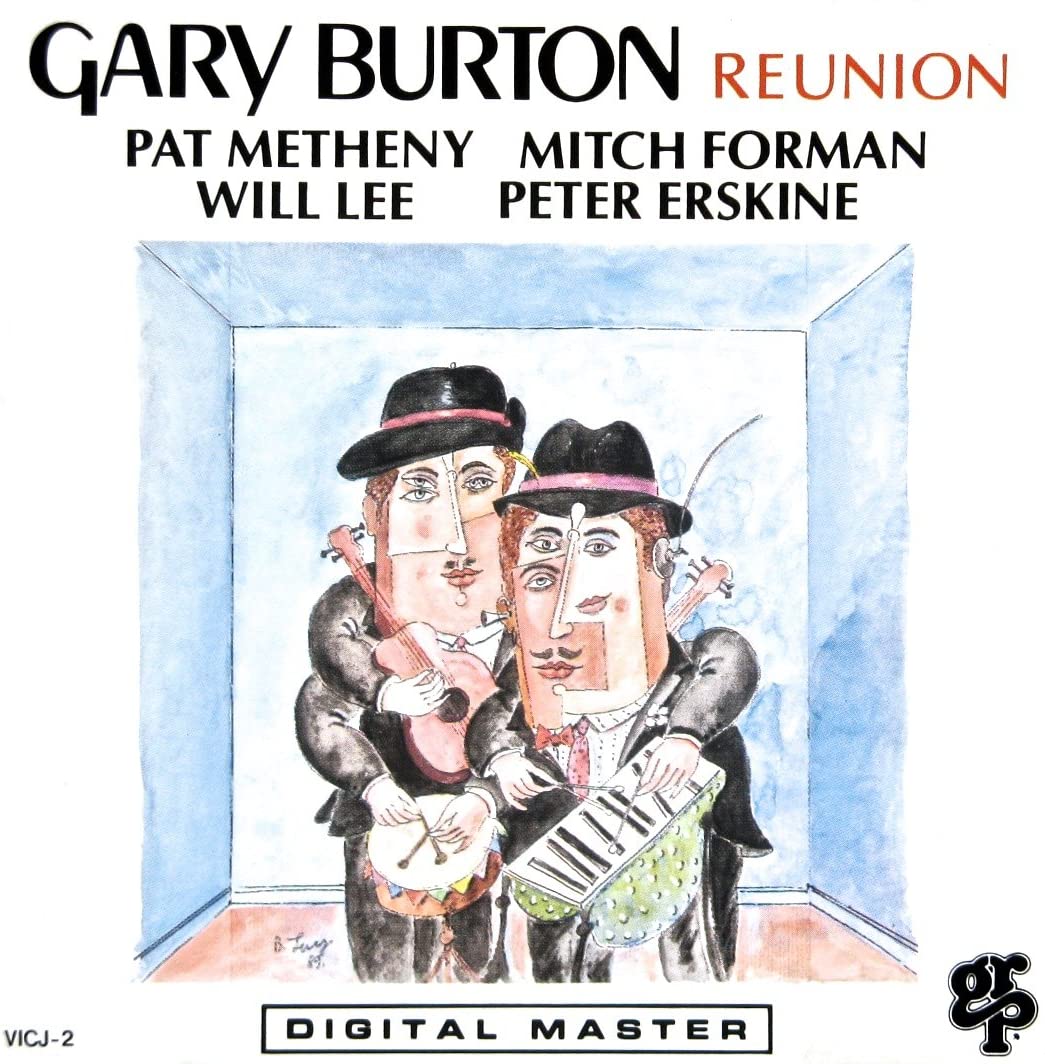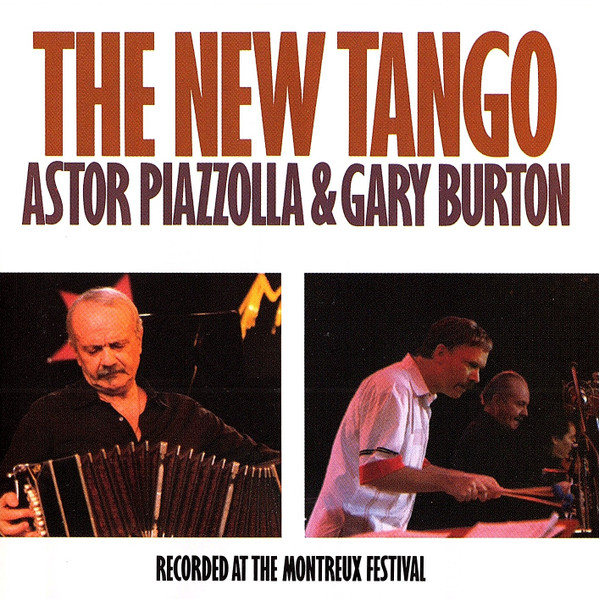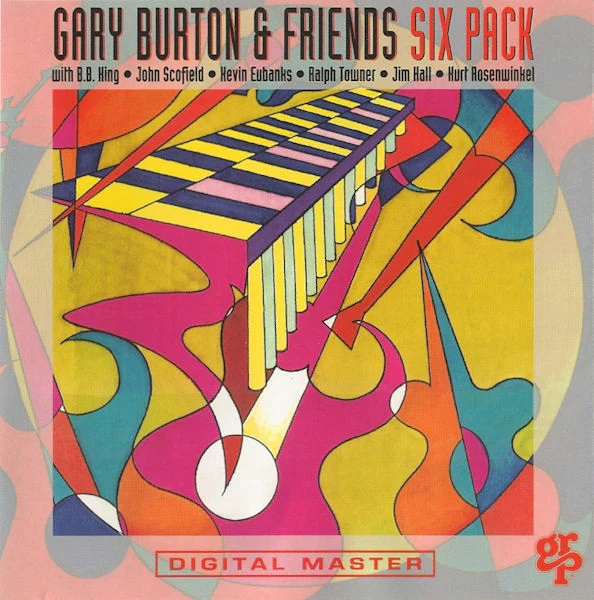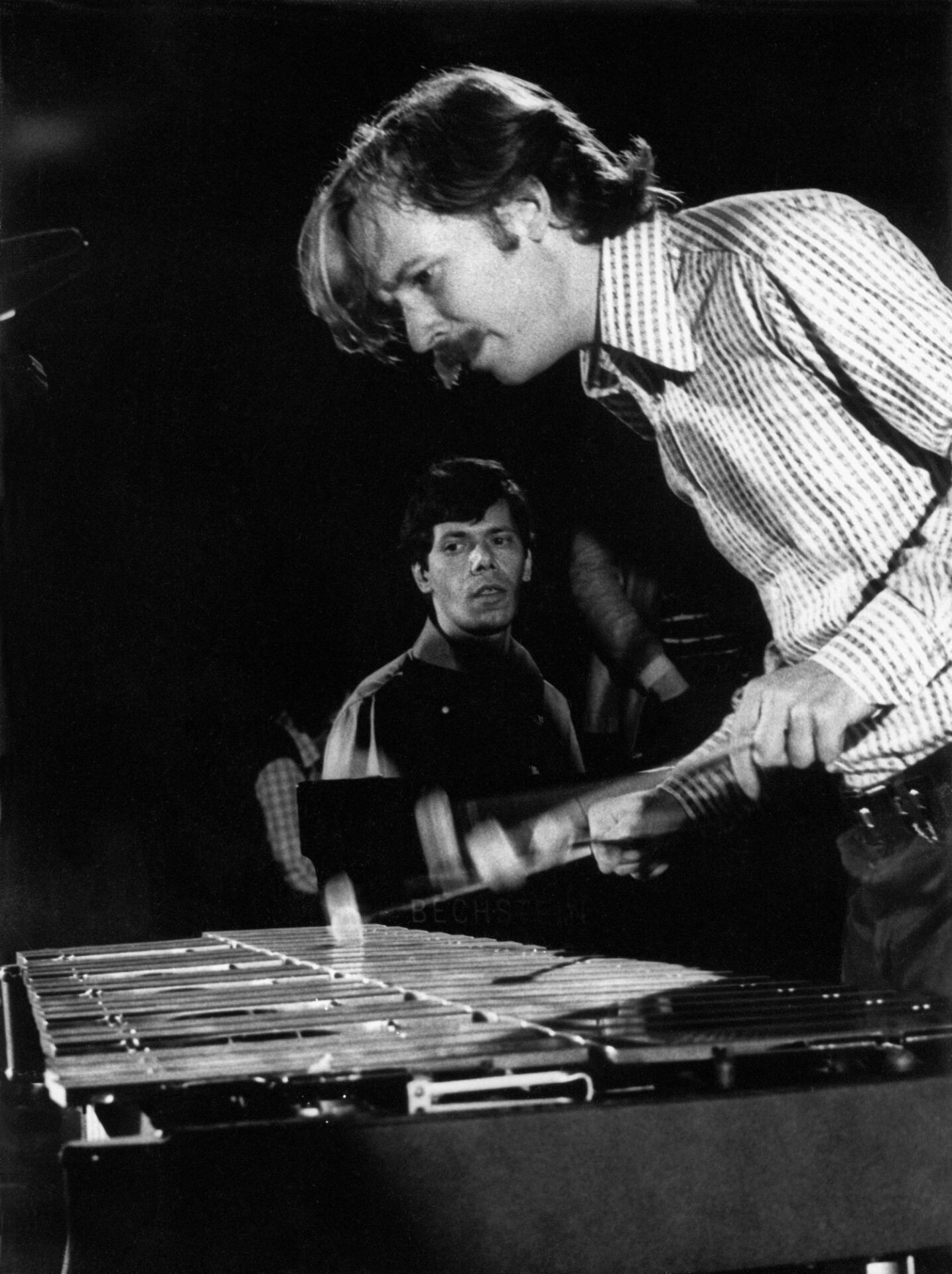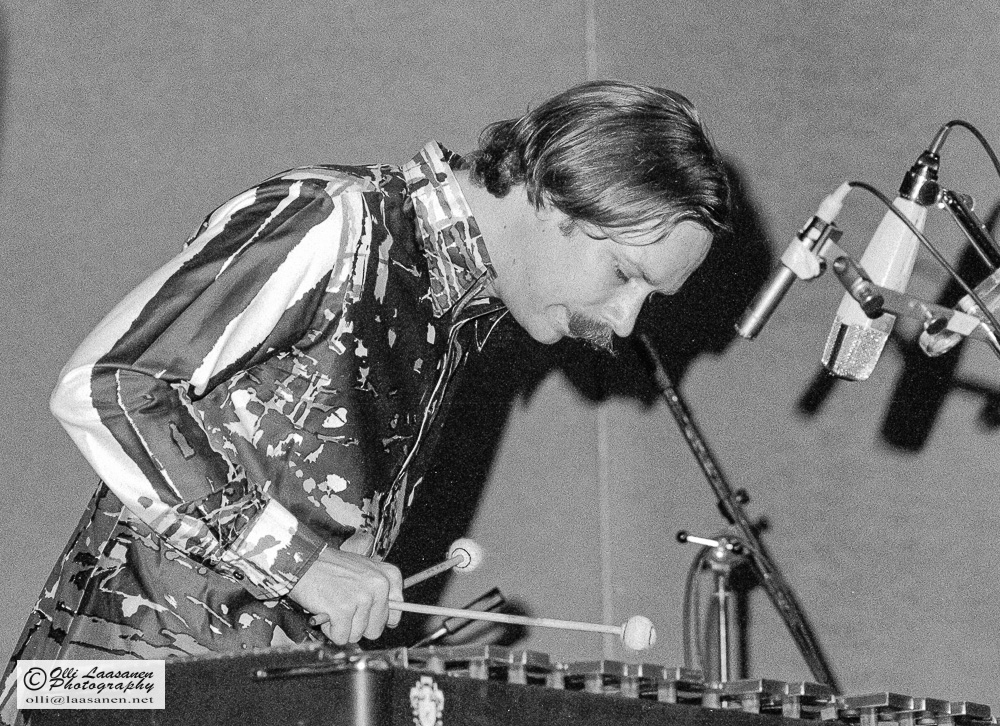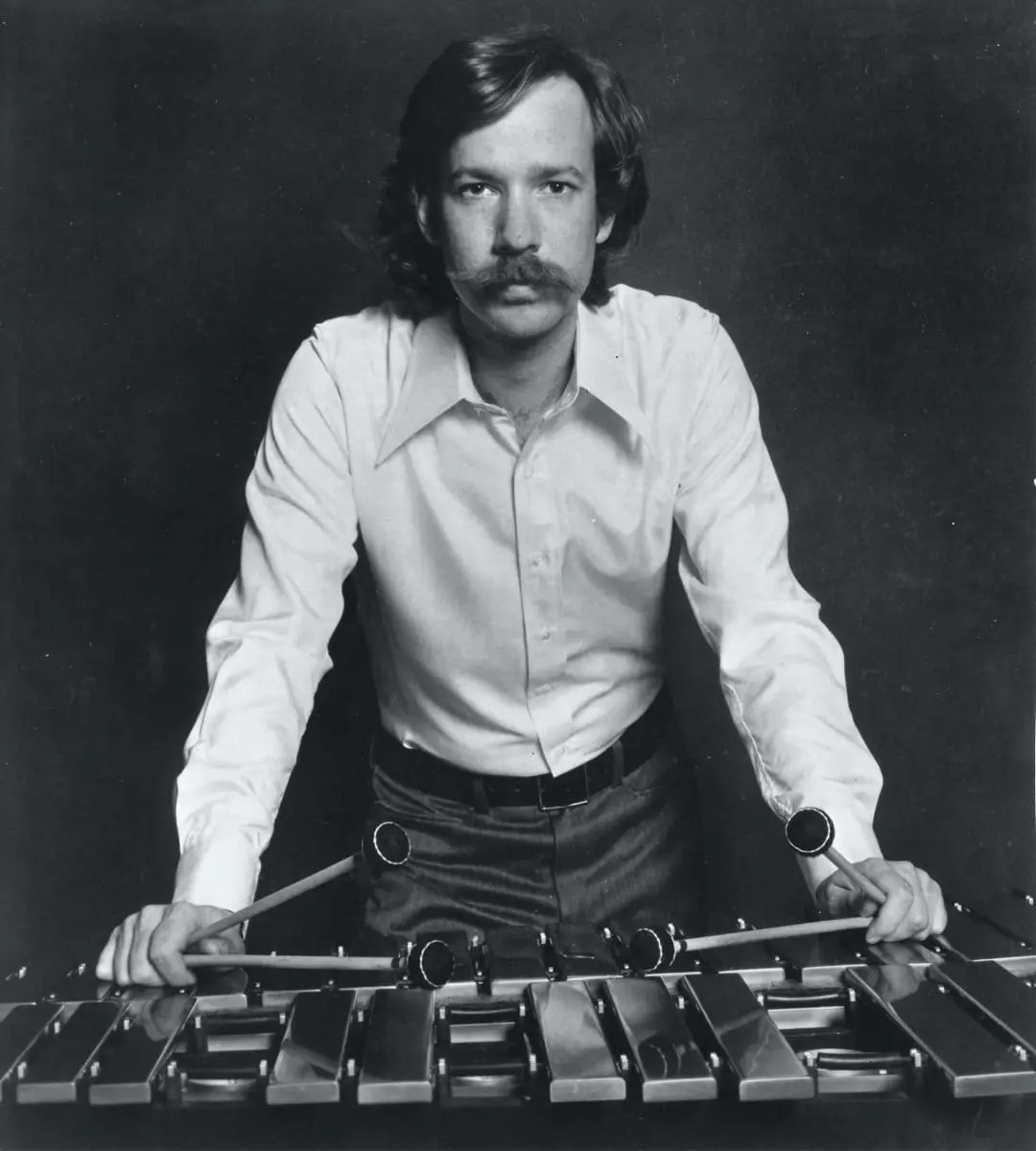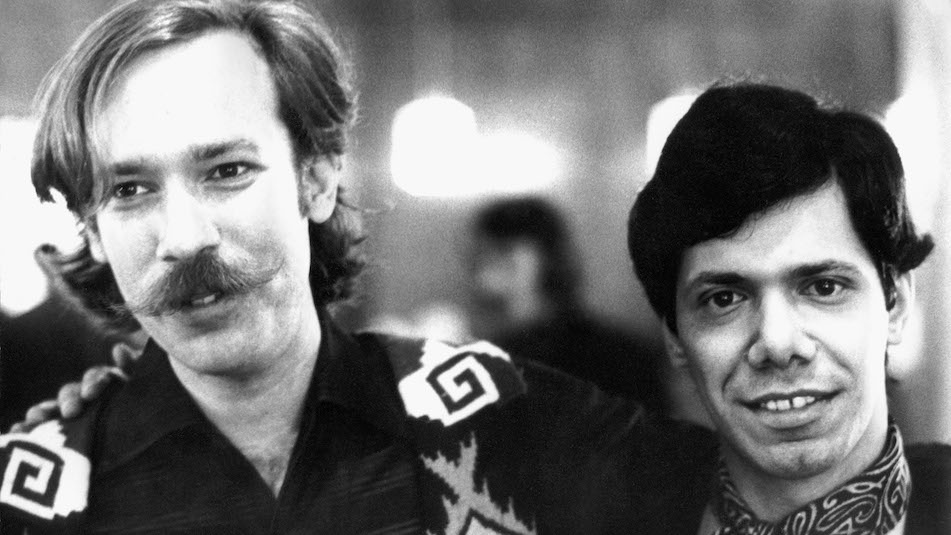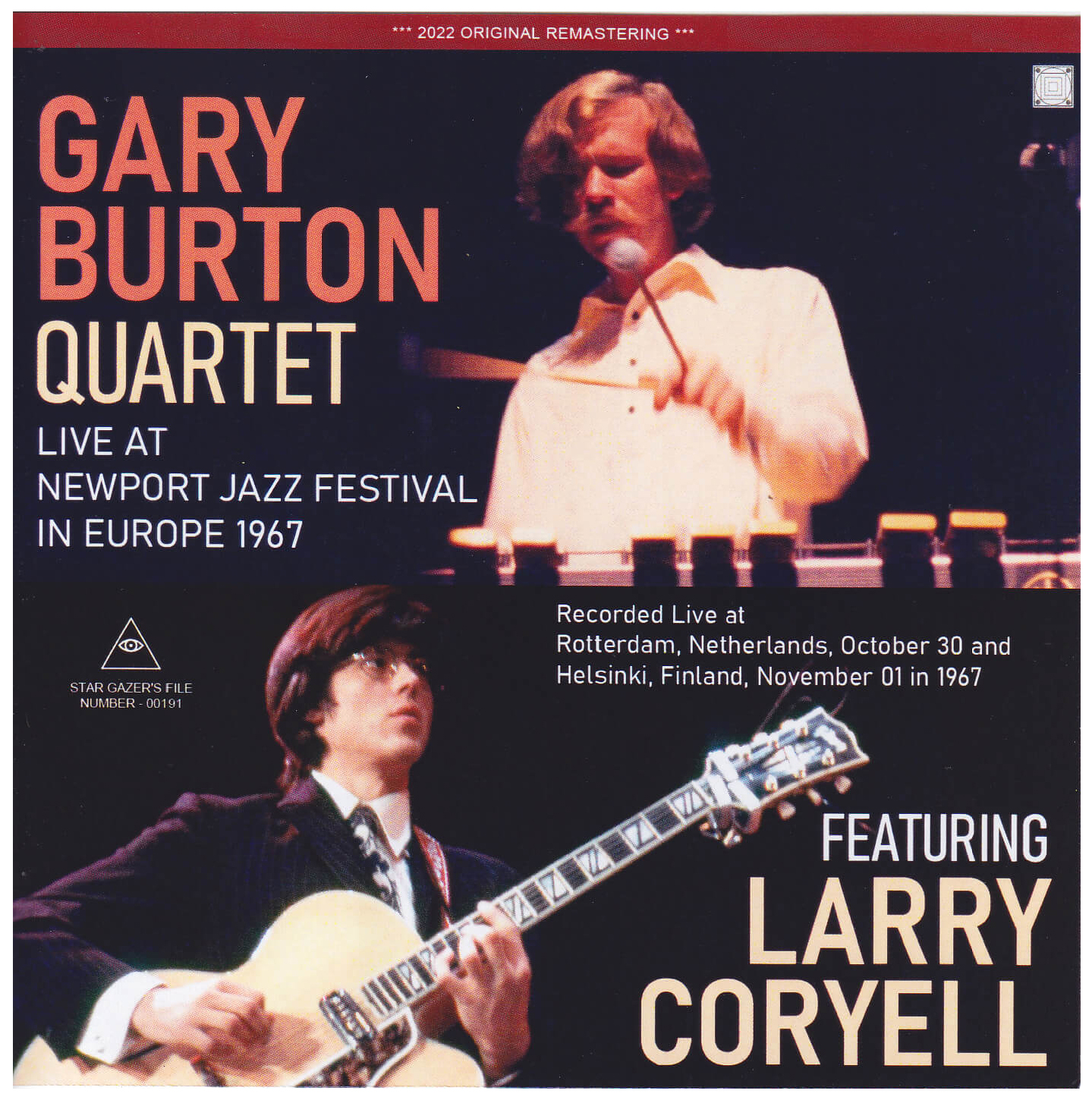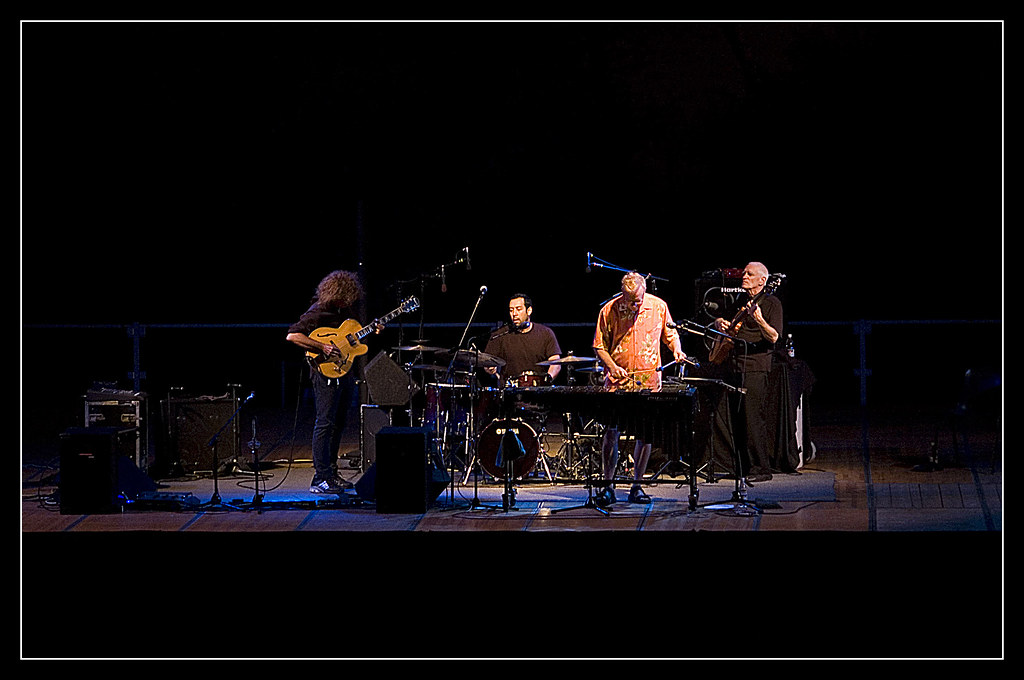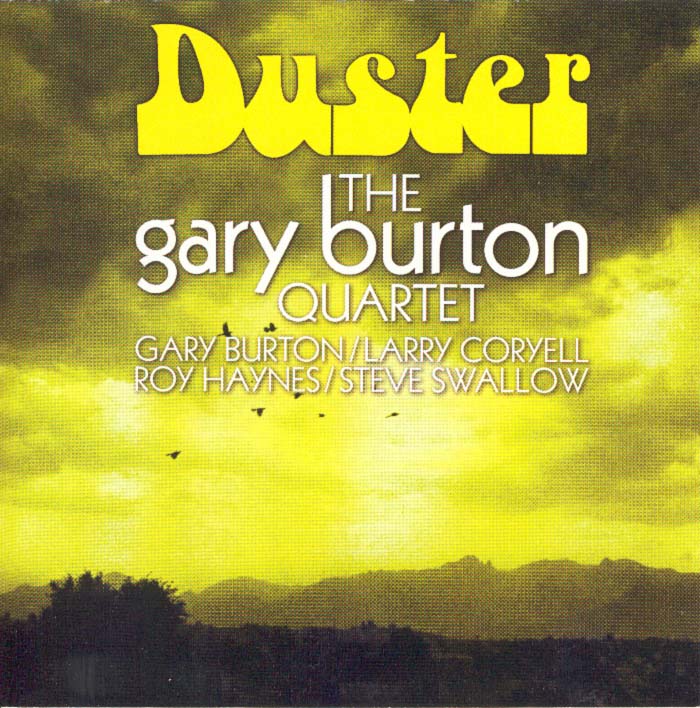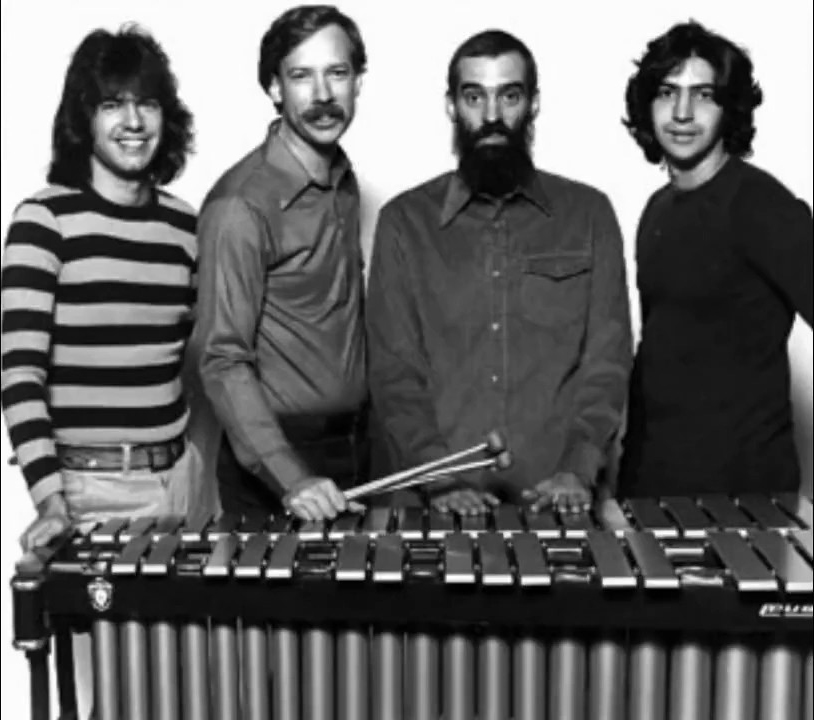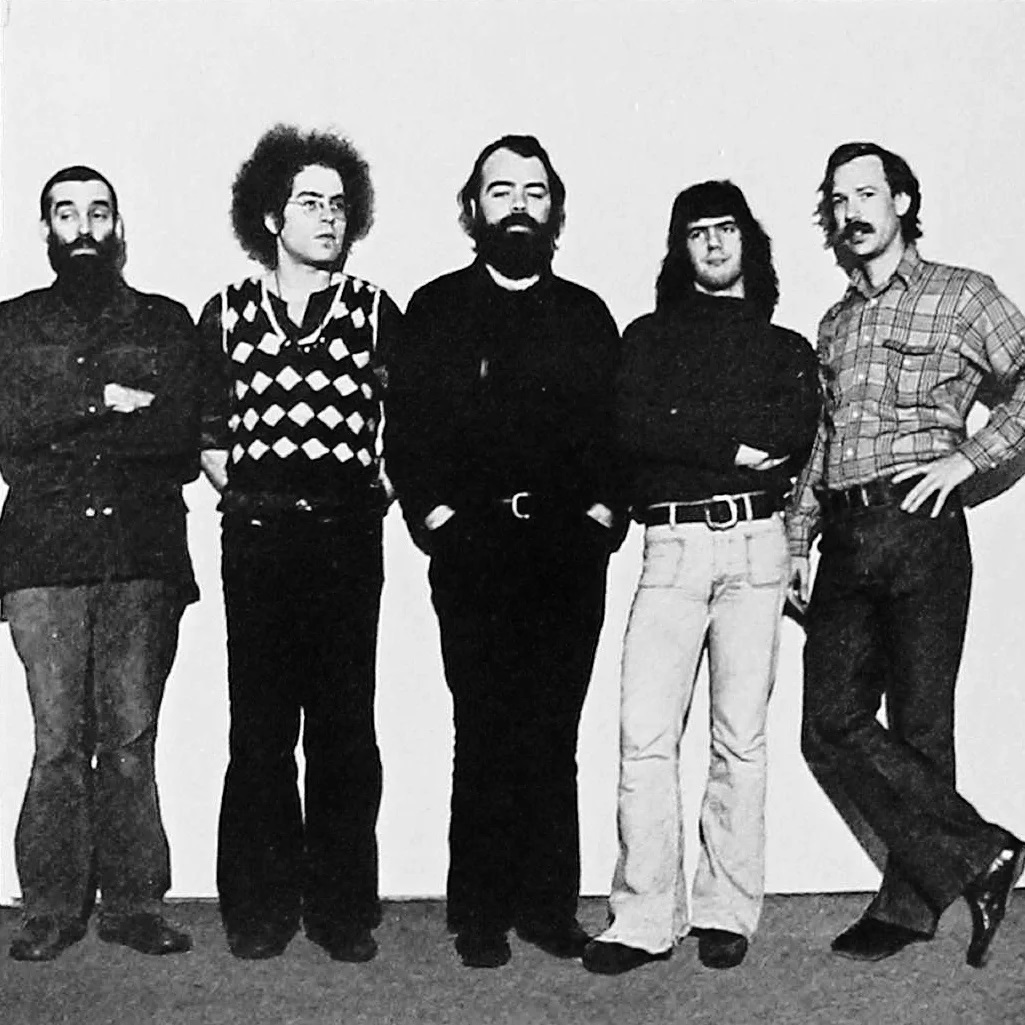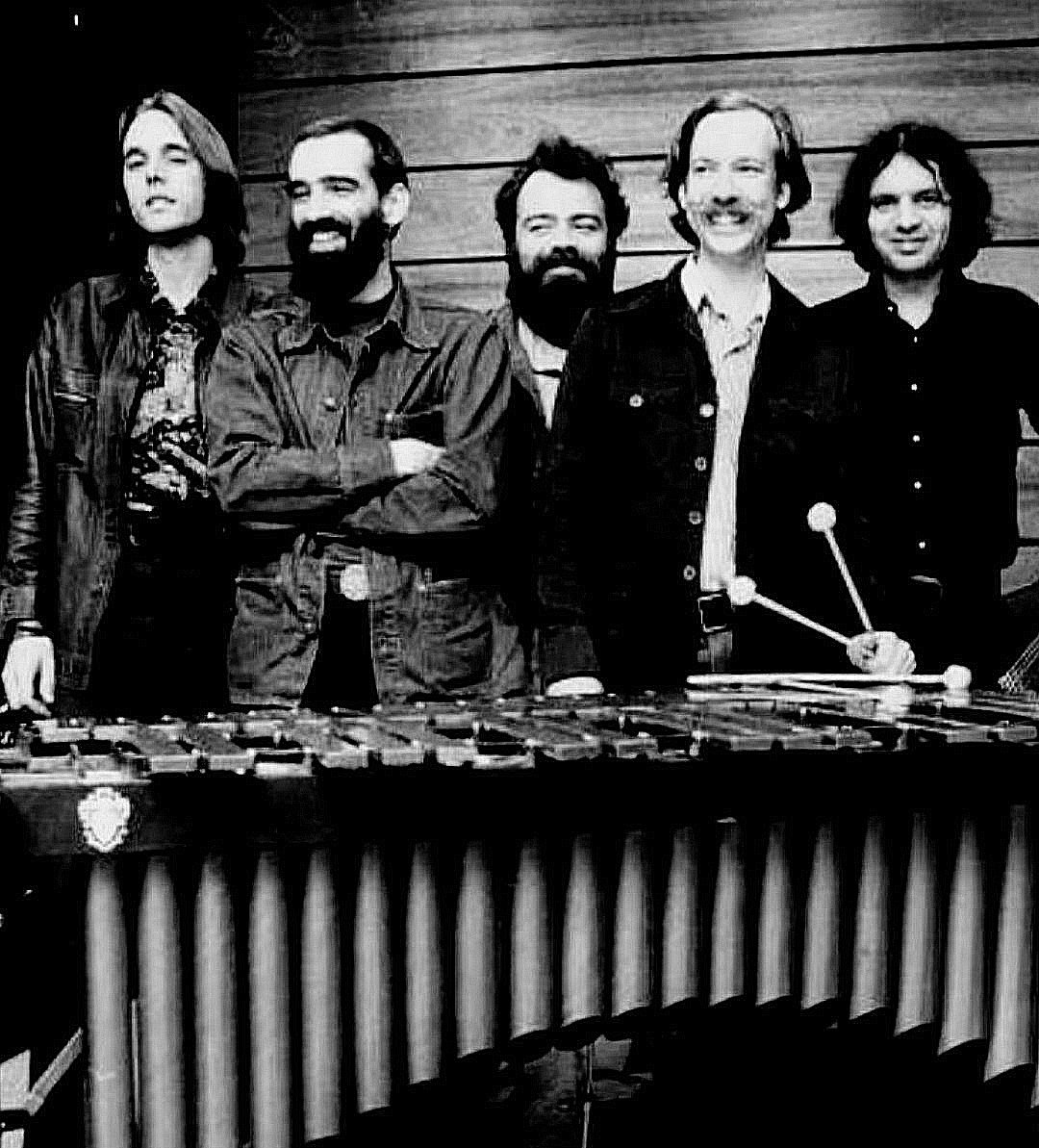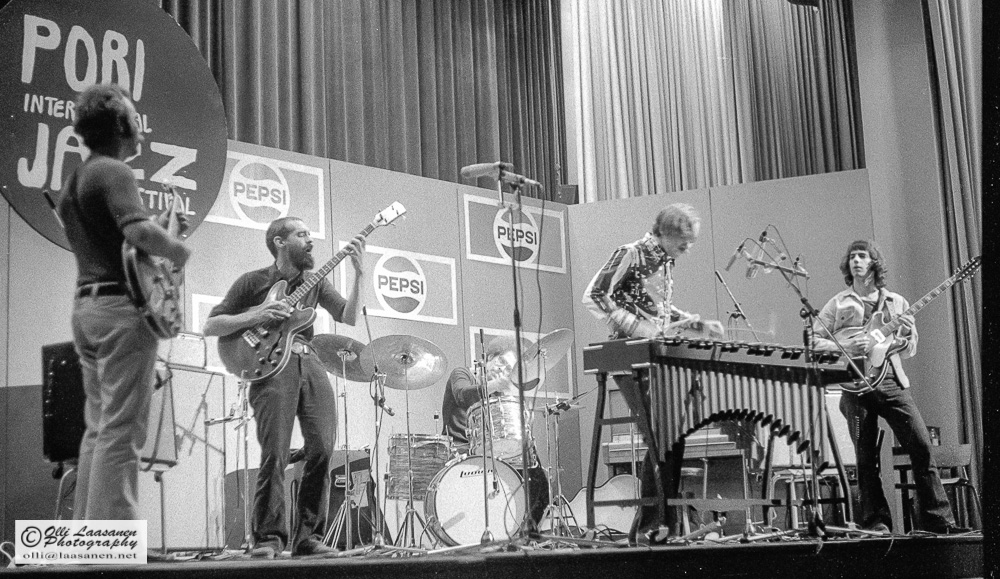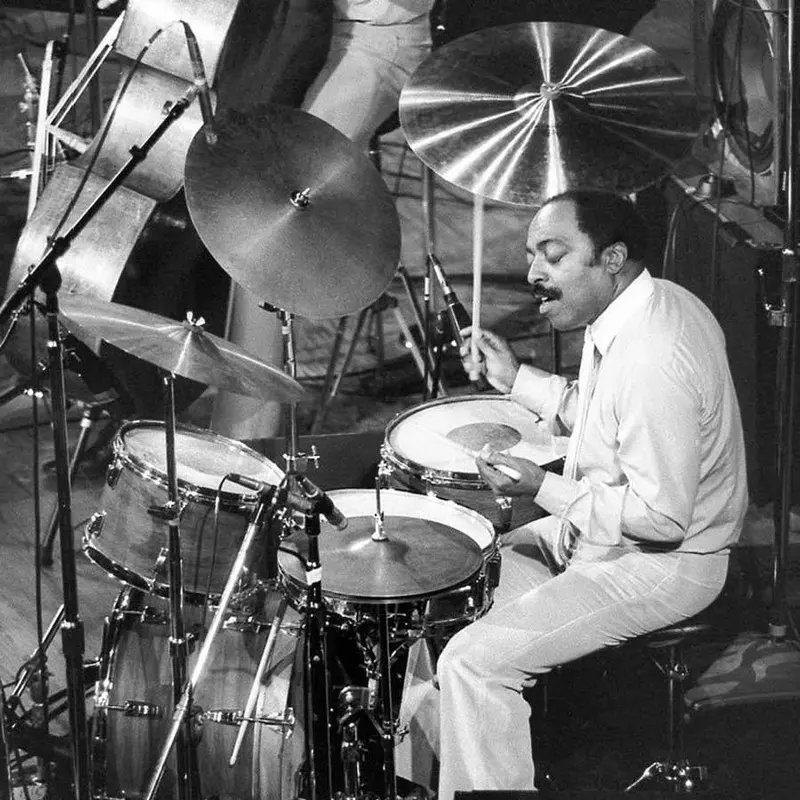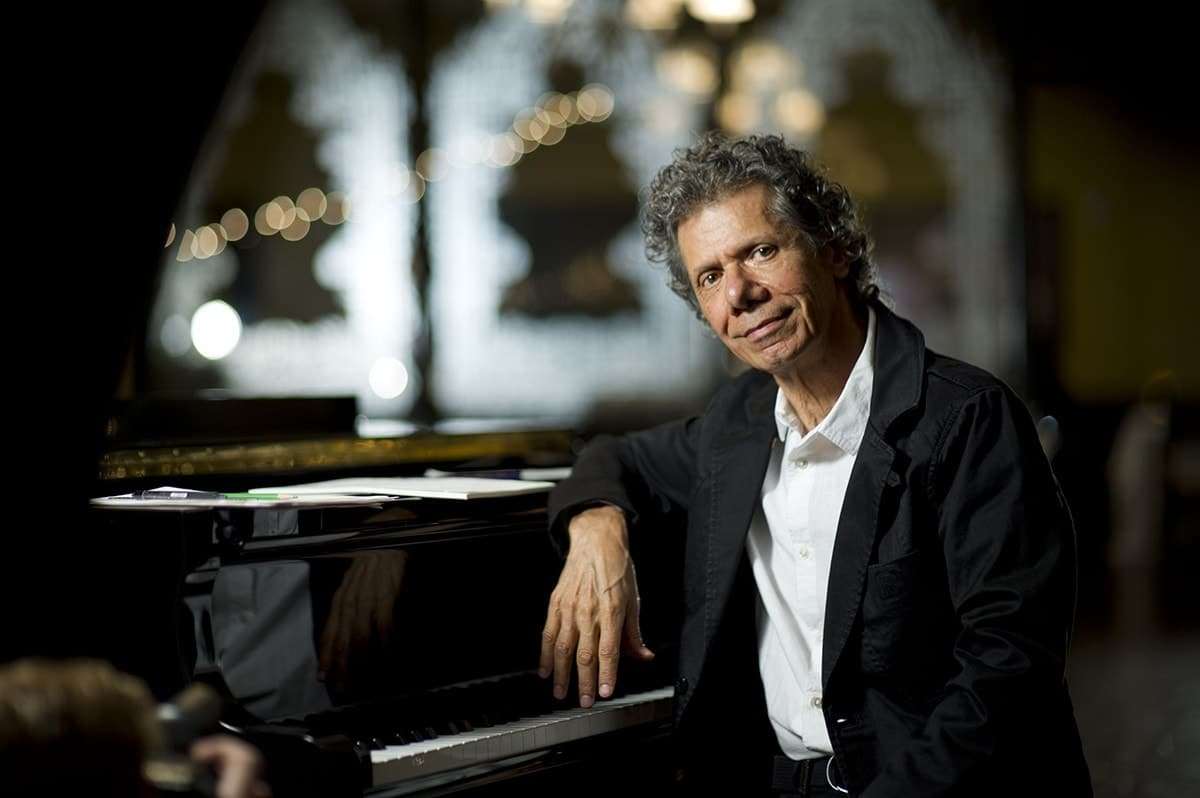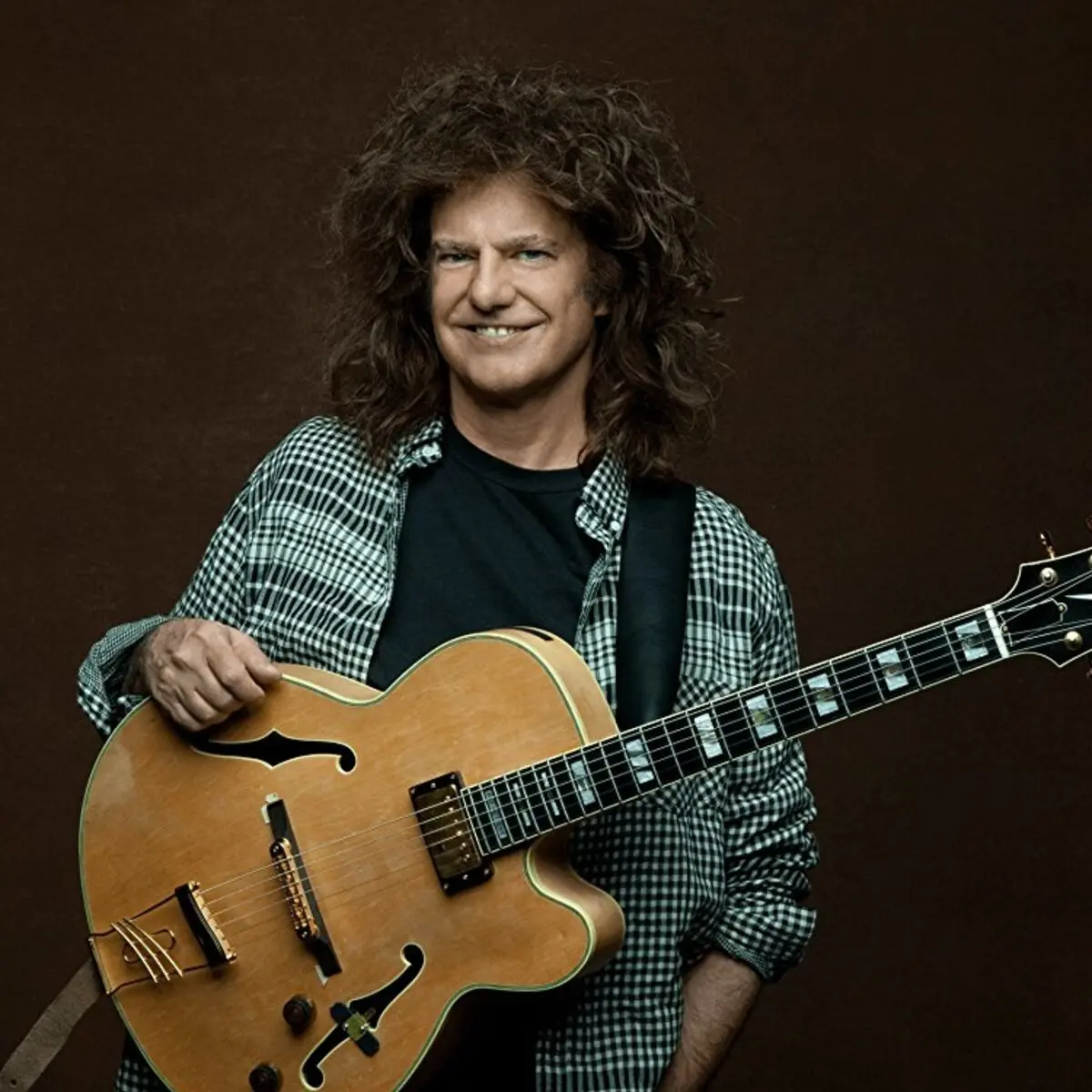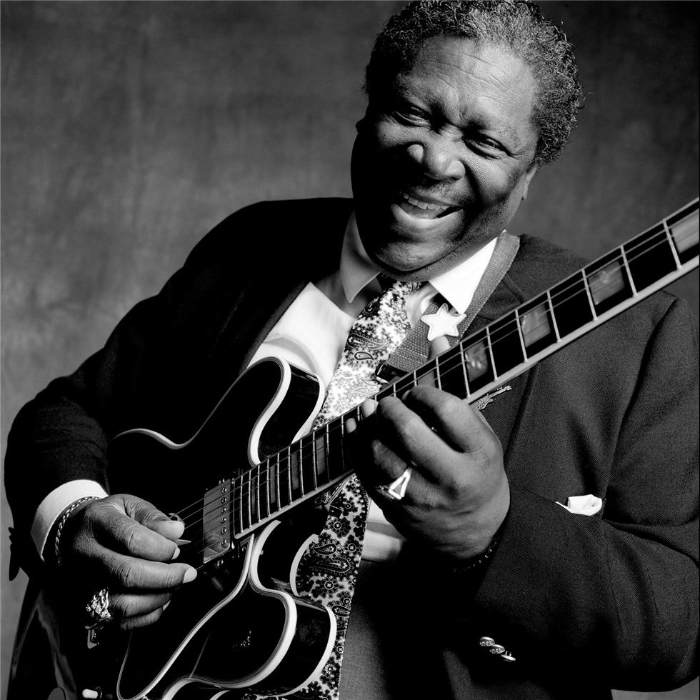Gary Burton
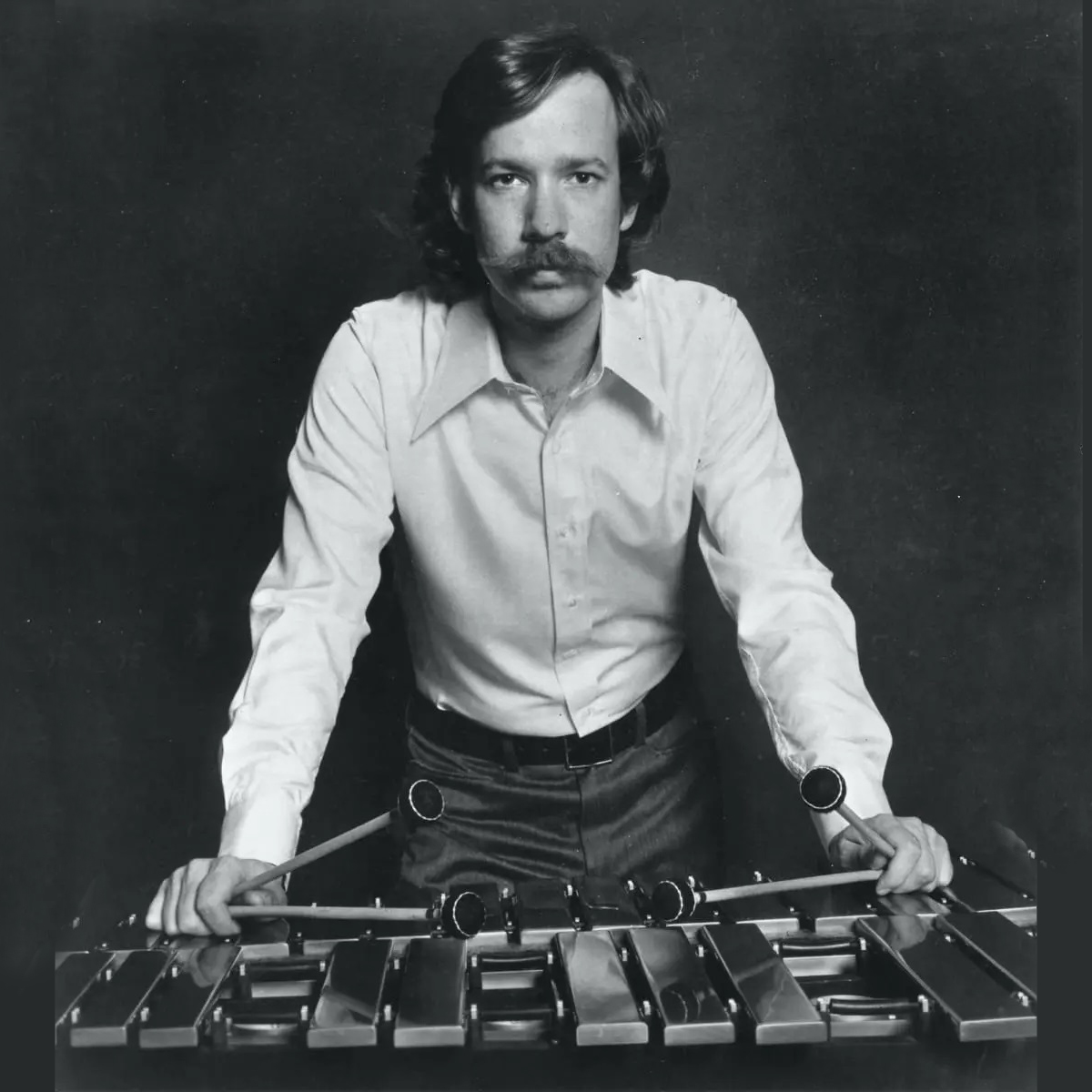
Not many musicians can match the list of accomplishments and credentials that vibraphone virtuoso Gary Burton has amassed in his illustrious career. Innovator, educator and pioneer are just a few of the accolades that could be used to describe the virtuoso.
Born in Anderson, Indiana on January 23, 1943, multi-instrumentalist Burton began teaching himself marimba and vibraphone at age six. He took up piano in his teens, citing the great Bill Evans as inspiration, in order to develop his style on the vibraphone. The four-mallet technique he eventually developed – initially conceived as a way to add more harmony to his playing by emulating the piano instead of using the traditional two-mallet method – was a genuine innovation and a completely uncharted approach to the instrument. It’s now universally known as “the Burton Grip,” though the famously humble living legend did not coin the term himself.
NASHVILLE YEARS, STAN GETZ, THE GARY BURTON QUARTET
In the early 1960s, Burton attended Berklee College of Music for a short time before leaving to develop his career outside of the classroom. At age 17, he moved to Nashville to record with country music legends Hank Garland and Chet Atkins as well as many other prominent Nashville musicians, including Floyd Kramer and Boots Randolph. His time in Nashville proved to be an excellent career move for Burton, as he subsequently went on to tour the US and Japan in 1963 with pianist George Shearing.
From 1964 to 1966, he toured and recorded with Stan Getz, firmly establishing himself as a highly respected and sought-after player and appearing with Getz and his band in the motion picture Get Yourself a College Girl (performing “Girl from Ipanema”). In 1967, Burton become a bandleader for the first time when he formed The Gary Burton Quartet with guitarist Larry Coryell, bassist Steve Swallow and drummer Roy Haynes. His experience playing with a highly diverse collection of musicians over the years proved to be an inspiration that was reflected in the band’s musical sensibilities. Coryell eventually left the group and Burton replaced him with several different guitarists including John Scofield and Pat Metheny. An innovative ensemble that wasn’t afraid to mix jazz, country and rock ‘n’ roll, the GBQ had a significant impact in pioneering jazz fusion and introducing the new genre to the mainstream, particularly with the albums Duster and Lofty Fake Anagram (both released in 1967).
BERKLEE, CHICK COREA, GRAMMY AWARDS, AUTOBIOGRAPHY
In the 1970s, Burton returned to Berklee, this time teaching percussion and eventually becoming the dean of curriculum (in 1985). He received an honorary doctorate from the college, later becoming an executive vice president of the institution in 1996. His educational duties did not get in the way of his desire to create, however, and he collaborated with an extensive collection of prominent musicians well into the 2000s, including Herbie Hancock, Keith Jarret, Carla Bley, Stéphane Grappelli and B.B. King. His 40-year collaboration with Chick Corea earned the duo six Grammy Awards; in total, Burton has 22 Grammy nominations and is a seven-time Grammy winner.
In 2013, Berklee Press published Burton’s autobiography, Learning to Listen, which won the Jazz Journalists Associations’ Jazz Book of the Year award that year. He continues to tour to this day with a new ensemble, performing with the blend of passion, innovation and impeccable musicianship for which he’s known across the globe.
(by Mark Turner)

